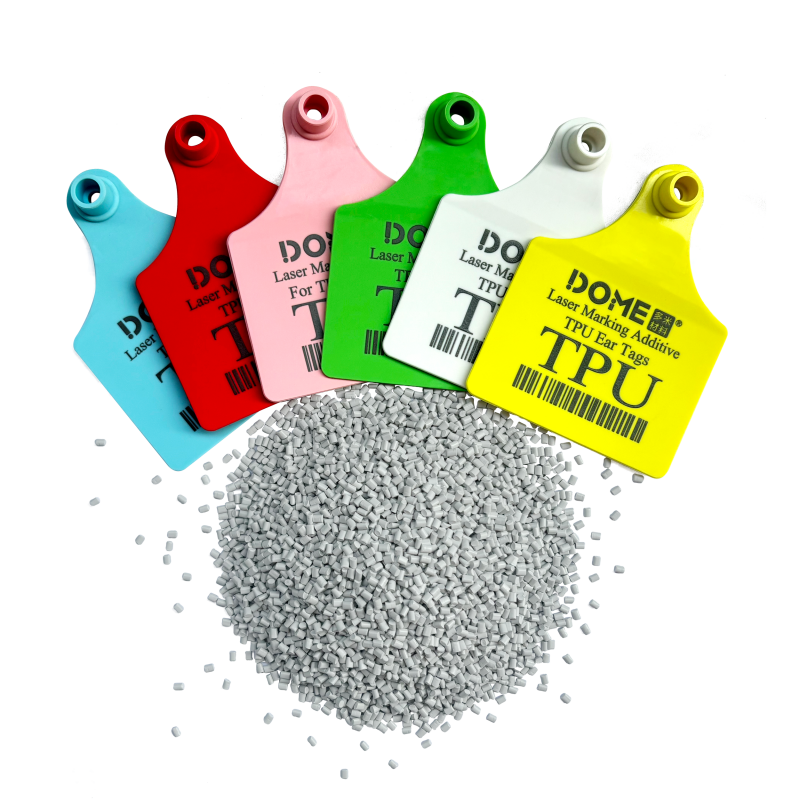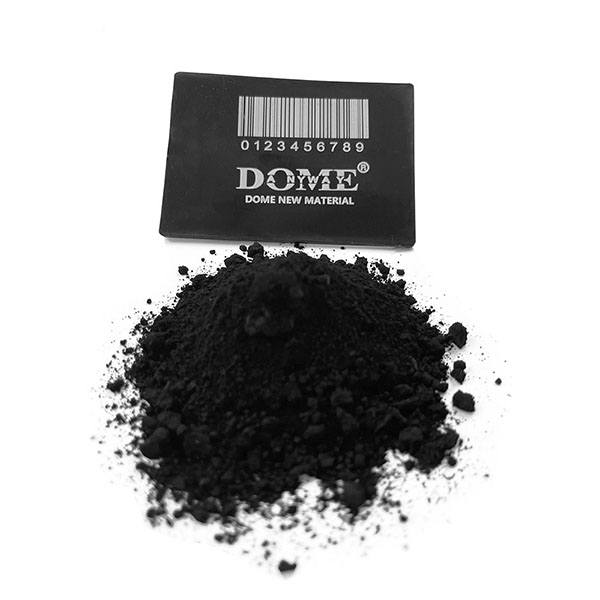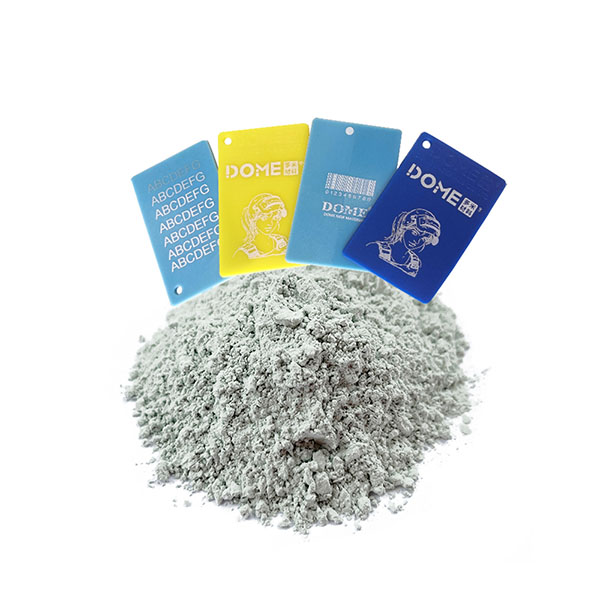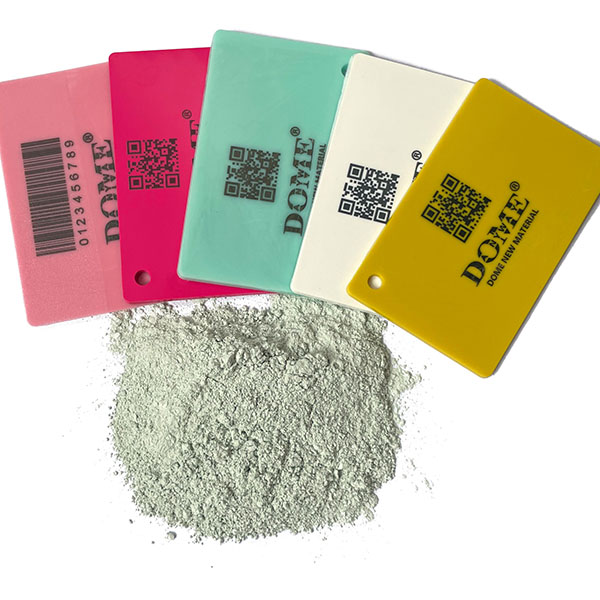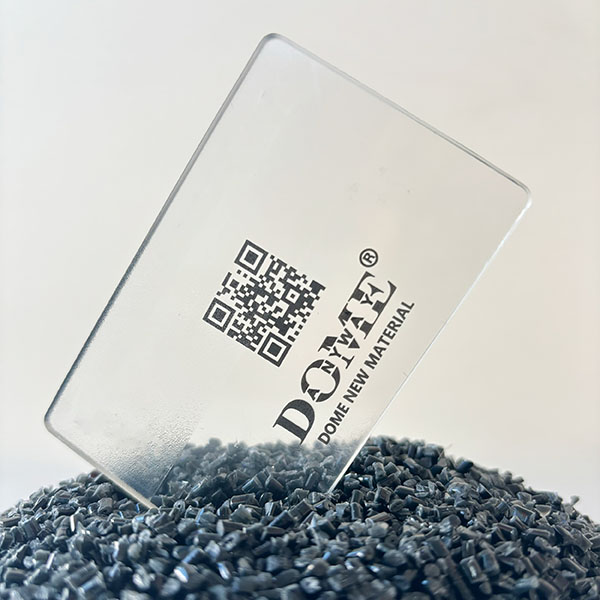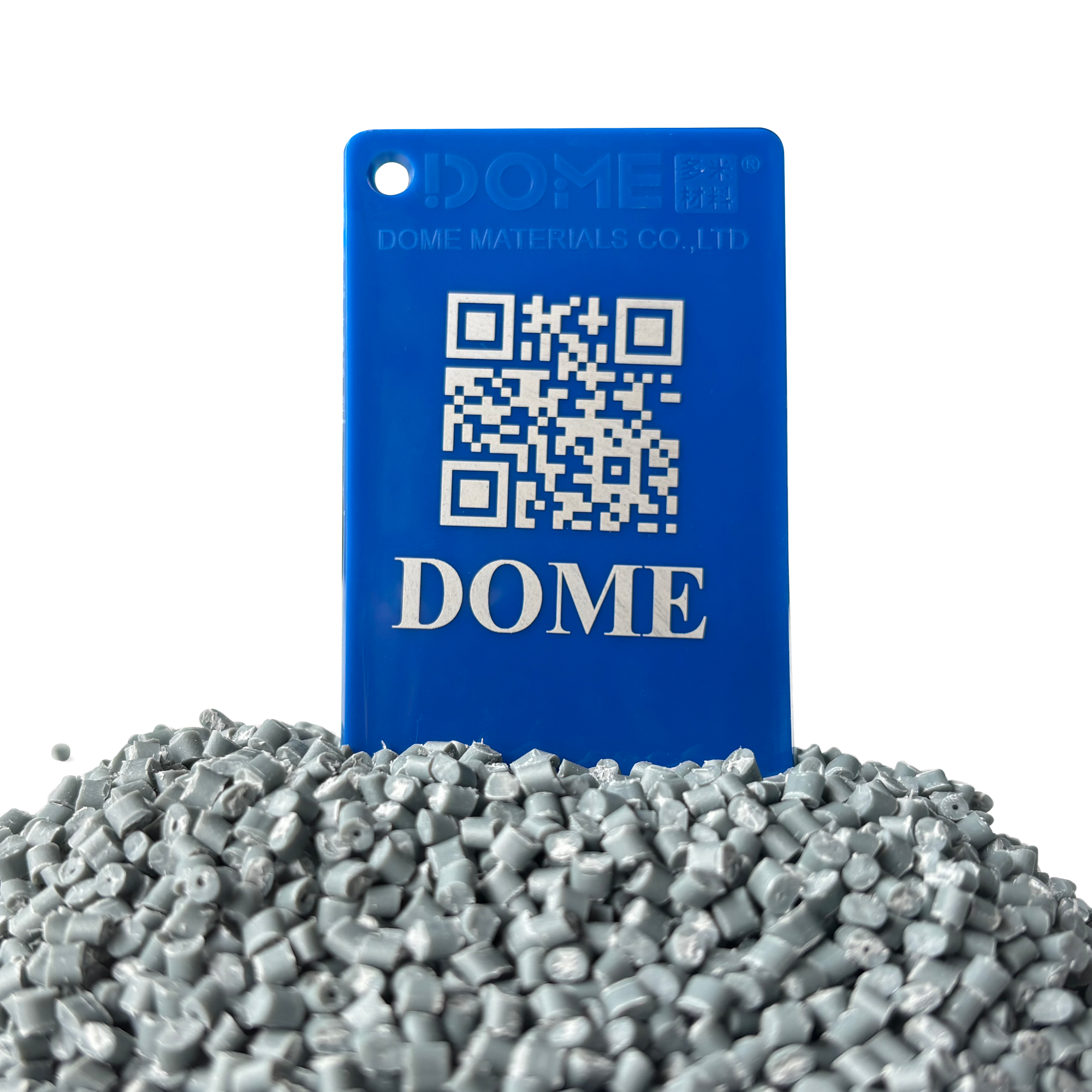Introduction:
In contemporary society, where the integrity of goods and information is paramount, plastic security seals have emerged as an indispensable tool in various sectors. These seals play a critical role in enhancing security, ensuring compliance, and providing assurance to consumers. This essay will explore the significance of plastic security seals, their applications across different industries, and the benefits they offer.
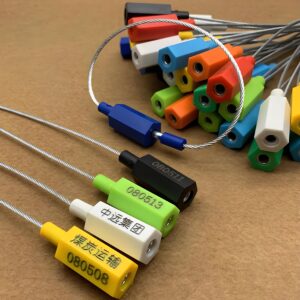
Main Applications of Plastic Security Seals
Plastic security seals are designed to provide tamper-evidence and tamper-resistance. Typically made from durable plastic materials, these seals can be affixed to containers, doors, or products to indicate whether unauthorized access has occurred. The primary purpose of a security seal is to safeguard against tampering and theft, as any attempt to remove or alter the seal results in clear evidence of infringement. This characteristic is particularly valuable in sectors such as logistics, pharmaceuticals, and food services, where the integrity of products is crucial.

One of the most prominent applications of plastic security seals is within the logistics and supply chain industry. They are routinely used on shipping containers, trucks, and cargo shipments to deter tampering during transit. In this context, the presence of a plastic seal not only acts as a deterrent to potential thieves but also ensures that the contents remain untainted until they reach their final destination. Furthermore, these seals can be tracked and recorded, providing valuable data that enhances supply chain visibility and accountability.
The pharmaceutical industry similarly relies on plastic security seals to maintain the safety and efficacy of medications. Given that pharmaceuticals are often subject to stringent regulations, any breach of security can lead to significant health risks. Plastic seals are used to secure medication packaging, thus assuring consumers that products have not been compromised. This is particularly crucial in an era where counterfeit drugs pose an increasing threat to public health. By utilizing tamper-evident seals, pharmaceutical companies can instill greater confidence among consumers regarding the authenticity and safety of their products.
In the realm of food services, the use of plastic security seals has gained traction as a means of ensuring food safety. Seals are applied to packaging or storage containers to confirm that food products remain uncontaminated throughout the supply chain. Such precautions are vital to preventing foodborne illnesses and ensuring compliance with health regulations. Consumers can be reassured that the products they purchase have maintained their integrity from production to consumption.

Moreover, the benefits of plastic security seals extend beyond mere security. Their implementation can lead to increased efficiency and cost savings for businesses. By mitigating the risks associated with theft and tampering, companies can reduce losses, lower insurance premiums, and enhance overall operational efficiency. Additionally, the presence of a security seal can serve as a marketing tool, promoting a brand’s commitment to safety and quality.
In conclusion, plastic security seals serve a crucial role in safeguarding goods and assets across multiple industries. Their ability to provide tamper-evidence ensures the integrity of products while promoting consumer confidence. As the challenges posed by theft, tampering, and counterfeiting continue to evolve, the significance of plastic security seals will only be amplified. Businesses that adopt these measures not only protect their assets but also foster trust and loyalty among their consumers, further solidifying their standing in the marketplace. Ultimately, plastic security seals are not merely a precautionary measure; they are an essential component of modern security protocols.

Enhancing Plastic Seals: The Impact of Laser Marking Additives on Speed, Clarity, and Durability
Laser marking additives play a crucial role in the production of plastic seals, significantly enhancing the speed of the laser marking process. These additives not only facilitate faster marking but also improve the contrast and readability of the laser-engraved markings. By optimizing the interaction between the laser and the plastic substrate, the use of these additives ensures that the resulting marks are not only clear and distinct but also durable, thereby meeting the high standards required in various industrial applications. The integration of laser marking additives represents an important advancement in manufacturing technology, allowing for more efficient production while maintaining the quality and visibility of essential information on plastic seals.

Boost Your Plastic Seal Production with DOME Materials’ Advanced Laser Marking Additives for Polymers
DOME Materials offers highly efficient laser marking additives that are specifically designed for various polymers, including polypropylene (PP), acrylonitrile-butadiene-styrene (ABS), nylon, and polyoxymethylene (POM). These innovative additives enhance the quality and effectiveness of plastic seals, ensuring that manufacturers can achieve precise and durable markings that meet industry standards. As a reliable partner for plastic seal manufacturers, DOME Materials is committed to providing superior solutions that improve production efficiency and contribute to the product’s longevity and traceability. Thus, the company establishes itself as a trusted ally in the competitive landscape of plastic manufacturing.



